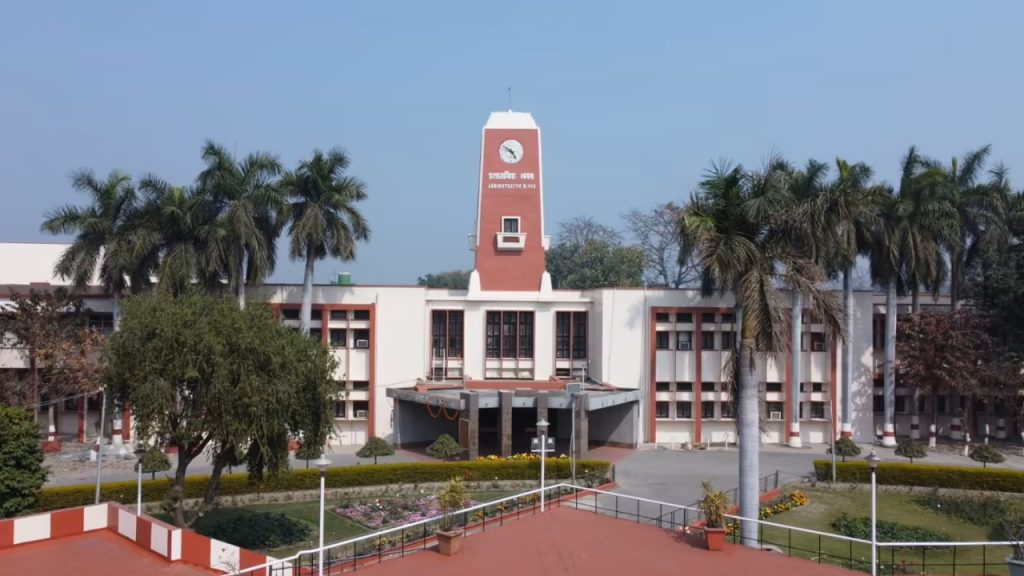
Scientists at GB Pant University of Agriculture and Technology have developed and patented an indigenous technology for producing sex-sorted semen, ensuring up to 90% female calf births. This breakthrough aims to significantly improve the income of livestock breeders by increasing milk production. While pregnancy success rates are 60-70%, ongoing efforts focus on affordability and wider implementation..
In a bid to boost India’s animal husbandry sector, scientists at GB Pant University of Agriculture and Technology in Pantnagar, have successfully developed and patented an indigenous technology for producing sex-sorted semen that can ensure up to 90% chances of female calf births.
Dr Shiv Kumar and Dr Sunil Kumar, the scientists behind the breakthrough, said the ability to selectively produce female calves could significantly improve the income of livestock breeders. “Animal husbandry is a major source of livelihood in India. More income can be generated when more female calves are born and eventually yield more milk,” said Dr Sunil.
Sex-sorted semen technology works by separating X (female) and Y (male) chromosomes in the laboratory. Semen contains equal proportions of both, however, through this method, only X-chromosome-bearing sperms are retained for artificial insemination. “When X sperms fertilize the egg, the resulting calf is female. By using sex-sorted semen, we can achieve up to 90% female births,” added Dr Shiv.
Unlike conventional semen, which contains a higher number of sperms, the quantity in sexed semen is relatively low—around two million per dose.
Despite this, cows do not face complications during delivery. However, the pregnancy success rate with this technology currently stands at 60–70%, and the cost remains a challenge.
Highlighting the affordability issue, animal scientist Dr Mridula Sharma said she has also developed a low-cost indigenous method of producing sexed semen, which could make the technology more accessible to farmers across the country.
The technology is being implemented in phases. In the first phase, sexed semen of the Sahiwal breed was procured from the National Dairy Research Institute (NDRI) in Karnal, and used to inseminate Sahiwal cows. “We have observed a 20% increase in pregnancy rate compared to normal semen,” said Manmohan Singh Chauhan, vice-chancellor of Pantnagar University, adding that this innovation is expected to play a pivotal role in enhancing milk production and empowering dairy farmers across India.
You can now read the most important #news on #eDairyNews #Whatsapp channels!!!
🇮🇳 eDairy News ÍNDIA: https://whatsapp.com/channel/0029VaPidCcGpLHImBQk6x1F

















